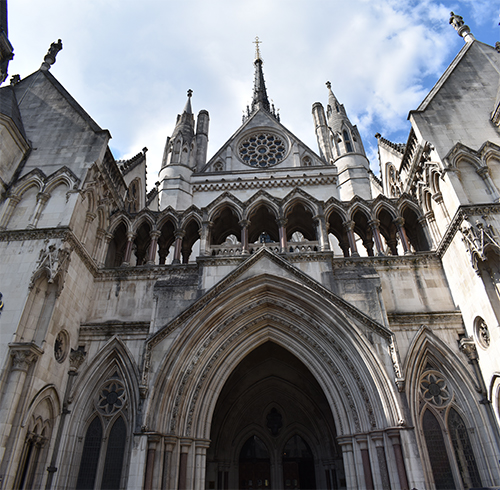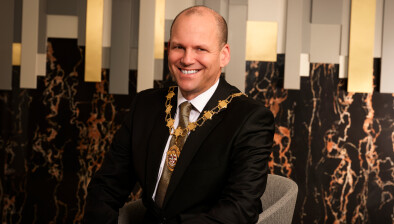Fears raised over PSNI surveillance of lawyers and journalists

A prominent Belfast solicitor has raised concerns about the extent of PSNI surveillance of lawyers and journalists following revelations in the Investigatory Powers Tribunal today.
The tribunal today began hearing a case brought by Northern Ireland journalists Trevor Birney and Barry McCaffrey to establish whether they were subject to police surveillance.
Speaking to Irish Legal News after the hearing, Niall Murphy, partner at KRW LAW LLP, compared the force’s apparent conduct to “East German secret police in the early 1980s”.
A document produced by Durham Constabulary and seen by the tribunal makes reference to “defensive operations” conducted by the PSNI “on a six-monthly basis” in which journalists’ phone data was examined.
Ben Jaffey KC, counsel for Mr McCaffrey, told the tribunal that the aim of this information-gathering by the PSNI was to identify sources for journalists’ stories that were critical of the force.
The tribunal also heard that the PSNI accessed Mr Birney’s wife’s data for the same purposes and that consideration was given to accessing the data of Mr Murphy, Mr Birney’s solicitor.
Mr Murphy told ILN: “The revelations exposed in court are chilling. The industrial-scale harvesting of sensitive journalistic communications data by the PSNI is akin to East German secret police in the early 1980s.
“I fear that this is the thin edge of a wedge, and that in time, a Kafkaesque, systemic policy of police surveillance of journalists and lawyers will be exposed.”
Ian McGuinness, Irish organiser with the National Union of Journalists (NUJ), said: “This is shocking and despicable behaviour by the PSNI.
“It is the type of behaviour we would expect in an authoritarian state and not a modern democracy. Journalists exist to hold power to account and that includes writing stories about the PSNI which that force may not like.
“Writing a story about the PSNI and protecting your confidential sources whilst doing so is not a crime. The NUJ is calling, yet again, for the PSNI to come clean.
“In particular, the force needs to state when it started spying on multiple journalists’ phone data, who the journalists were, how many times each journalist was spied upon and must give a commitment that it will desist from doing this ever again, simply to uncover legitimate sources for stories.”
Patrick Corrigan, Northern Ireland director at Amnesty International, added: “That such clearly unlawful acts appear to have been custom and practice in the PSNI would demonstrate a complete contempt for the principal of press freedom. There must now be full accountability.
“It is time for the chief constable to come clean about the extent of police spying operations against journalists, lawyers and others.
“Meanwhile, we would urge all journalists in Northern Ireland who suspect they may have been among those targeted by the PSNI for covert surveillance to lodge complaints with the Investigatory Powers Tribunal urgently.”








